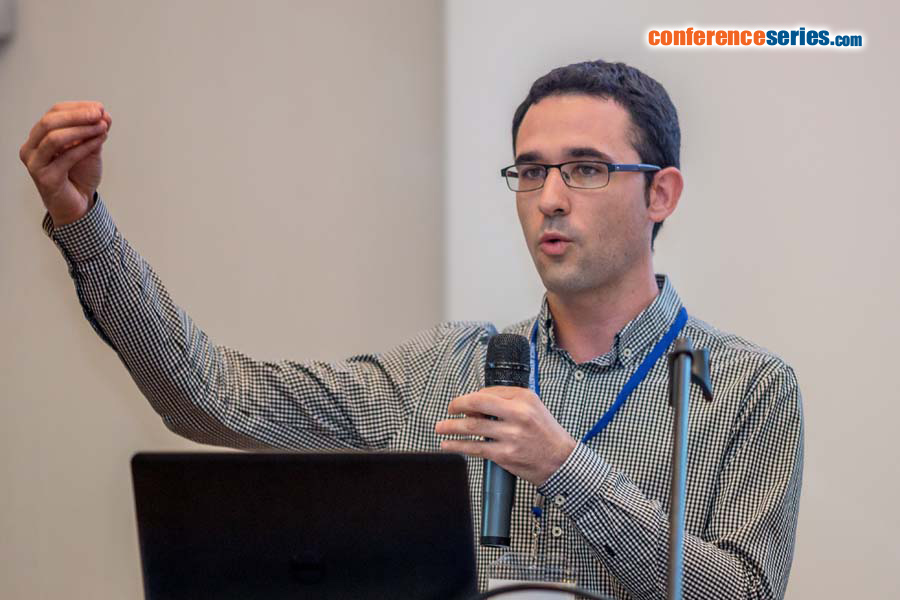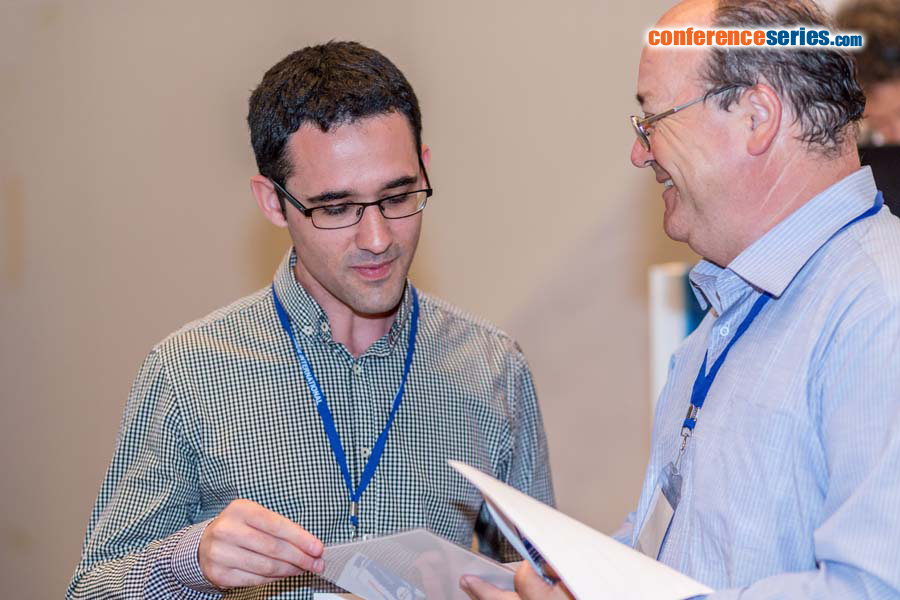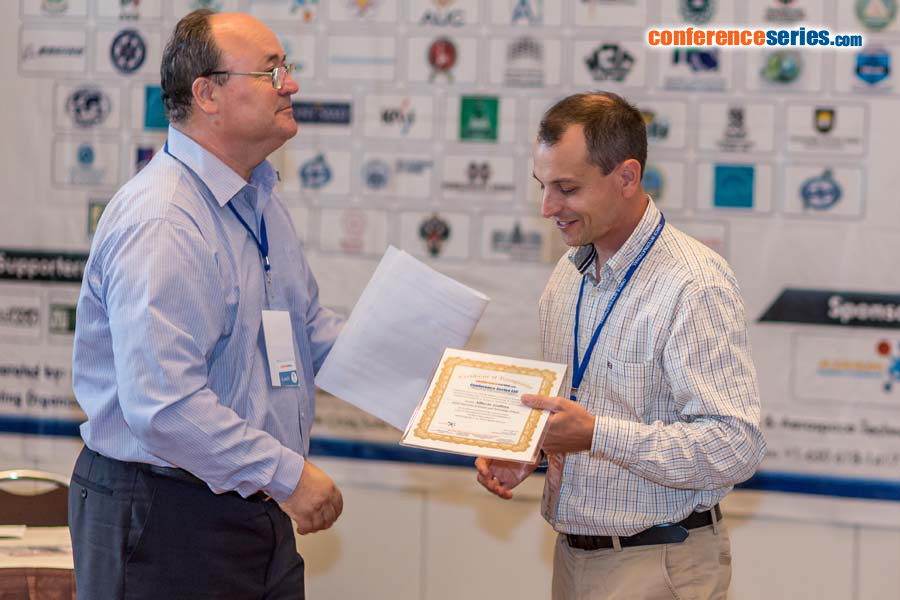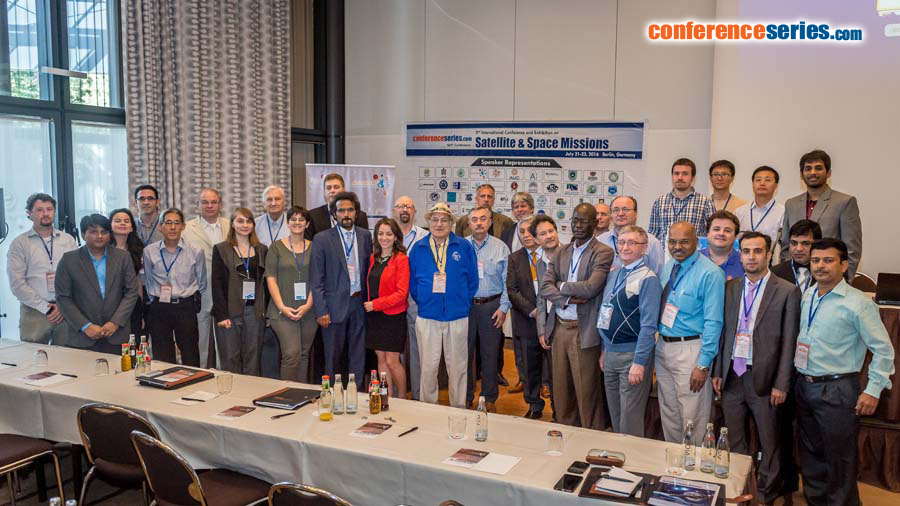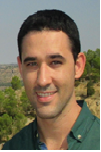
Daniel Casanova Ortega
University of Zaragoza
Spain
Title: Analytical method for space debris propagation under perturbations in the geostationary ring
Biography
Biography: Daniel Casanova Ortega
Abstract
Space debris has become a real problem in the last decades. The quantity of space debris fragments orbiting the Earth with no control has increased exponentially. The risk of collision between spacecraft and space debris larger than 10 cm is avoided by spacecraft maneuvering. However, collision with small space debris fragments is impossible to avoid causing important damages to spacecraft. Consequently, different space debris propagation methods are required, not only to know the fragments precise position but also the statistical evolution of the space debris clouds. For this purpose, in collaboration with Prof. Anne Lemaitre and Alexis Petit from the University of Namur, an analytical method for propagating space debris in the geostationary ring considering different perturbations such as the J2 effect due to the Earth oblateness, the solar radiation pressure, or the Sun and Moon perturbations as third bodies have been developed. The Hamiltonian formulation of the problem and the use of different averaging technics have allowed the development of a powerful analytical method. The analytical model has been validated with numerical tests through different examples to confirm the reliability and accuracy of our method. The inclination period has also been analyzed as a function of the area to mass ratio. The final idea of this work is to apply this method to propagate a synthetic population of space debris.

